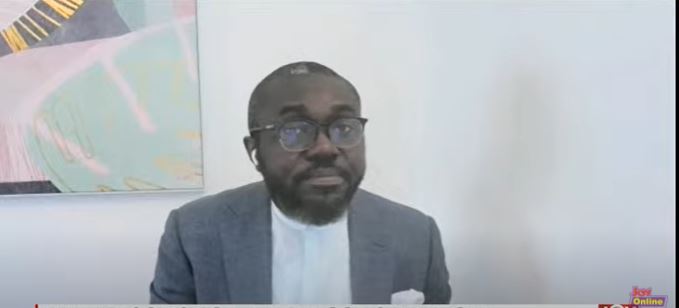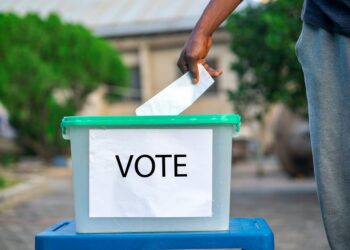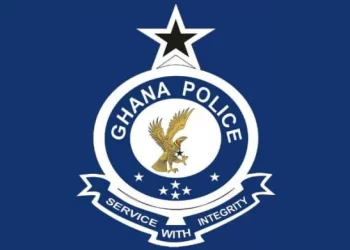“Is Jospong affected by ORAL or both sides dey chop so it’s fine?” signals a concern that anti-corruption initiatives may fall short if they avoid tackling high-profile entities with political connections.
The Jospong Group has been embroiled in controversies over government contracts, with investigations revealing alleged overpricing and procurement irregularities. While these reports have sparked public outrage, there has been little action to hold the company accountable. Barker-Vormawor’s post underscores the perception that entities like Jospong remain untouched by accountability mechanisms, raising doubts about whether ORAL operates without fear or favor.
His mention of “both sides dey chop” also reflects a broader societal cynicism about Ghana’s political landscape. It suggests that corruption may persist because key players on all sides of the political divide benefit from it, creating a culture of mutual protection. Such a scenario undermines the credibility of initiatives like ORAL, which aim to reclaim misappropriated public assets.
For ORAL to have a meaningful impact, it must address these perceptions of bias and selective accountability. Public trust in anti-corruption efforts depends on their ability to pursue justice impartially, even when it involves influential individuals or entities. Barker-Vormawor’s post serves as a call to action for leaders to ensure that the fight against corruption is comprehensive and not limited to politically convenient targets.
By posing these bold questions, Barker-Vormawor challenges the status quo and urges citizens to demand greater transparency and fairness in governance. His commentary highlights the need for systemic reforms to address the root causes of corruption and ensure that initiatives like ORAL fulfill their mandate to recover public resources.
source: Opernews










Discussion about this post